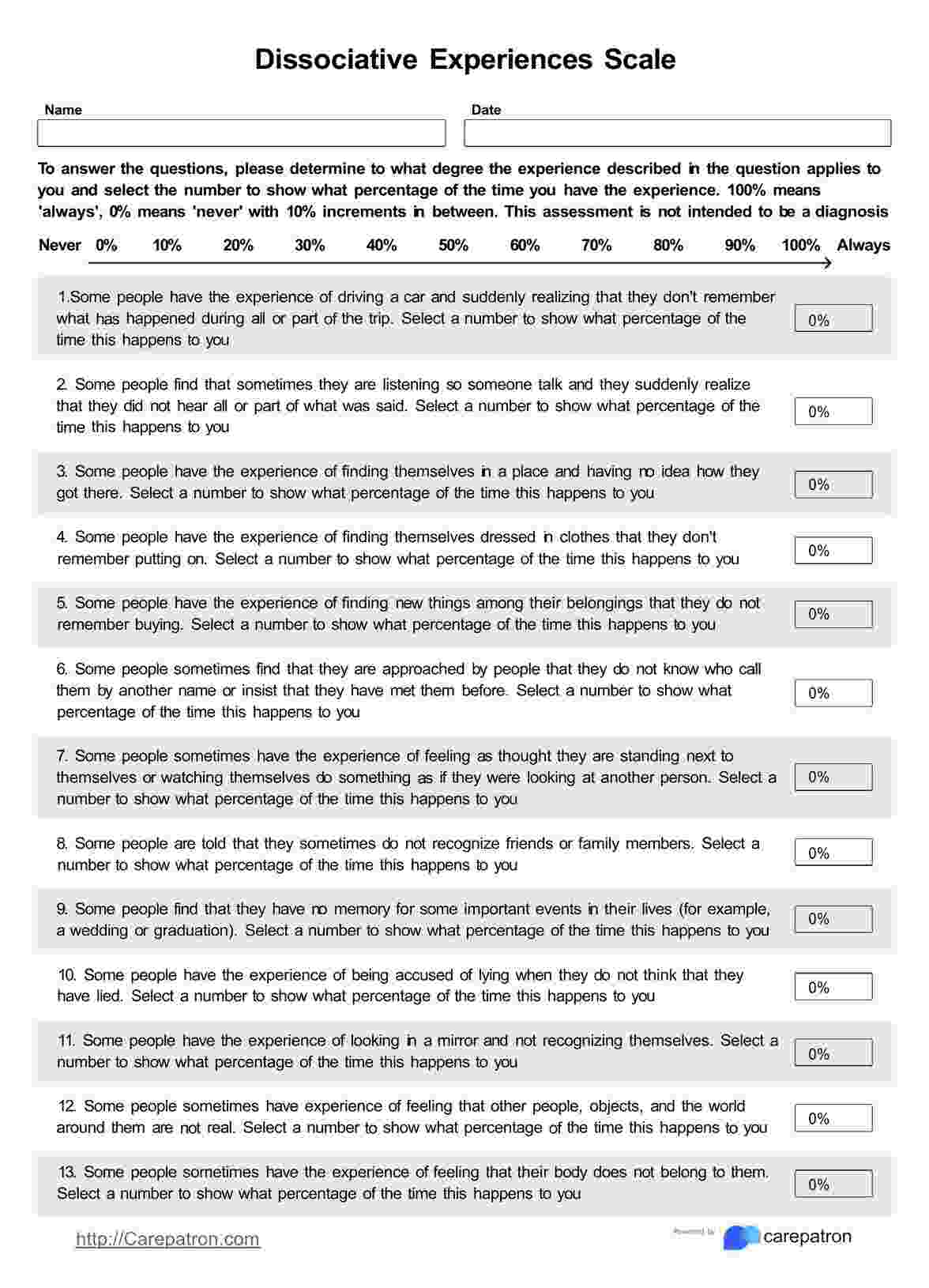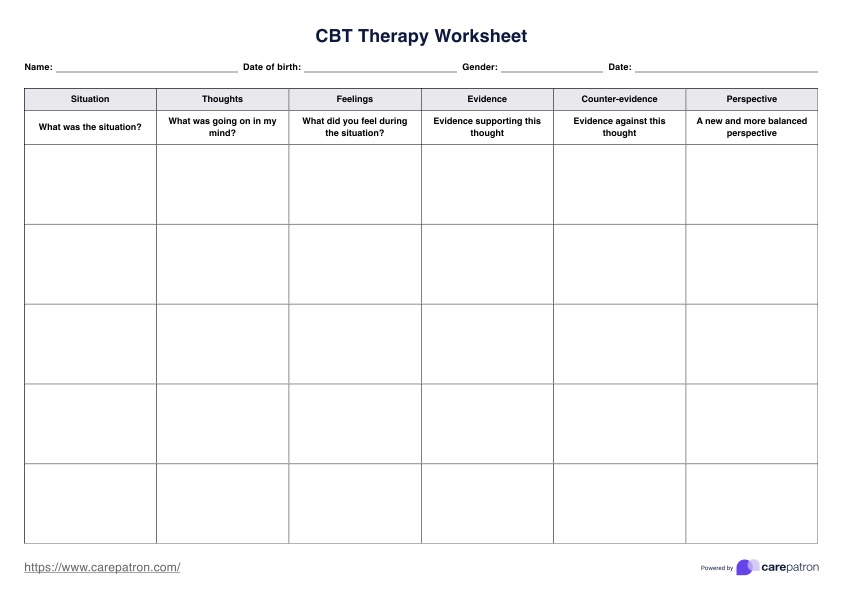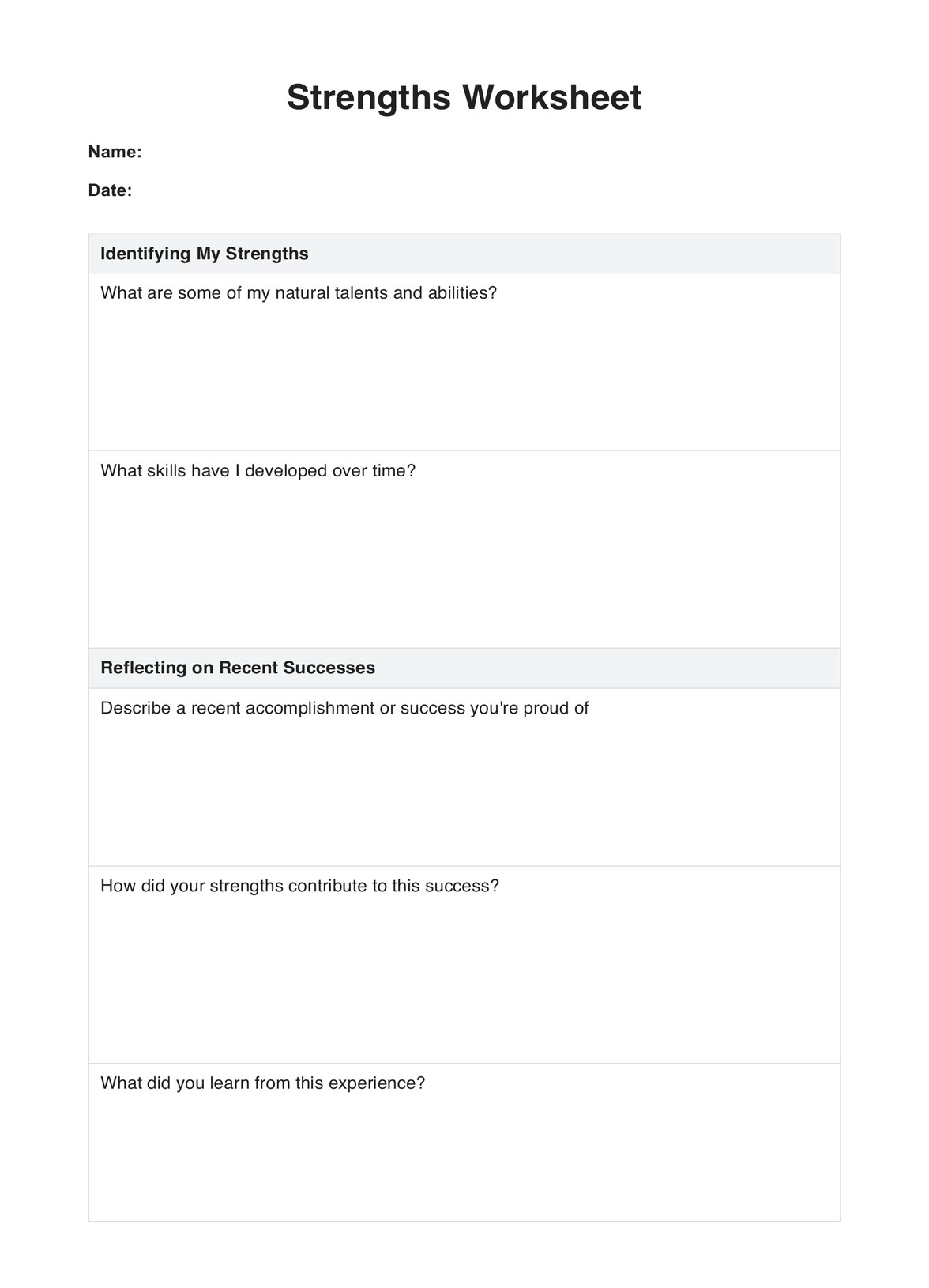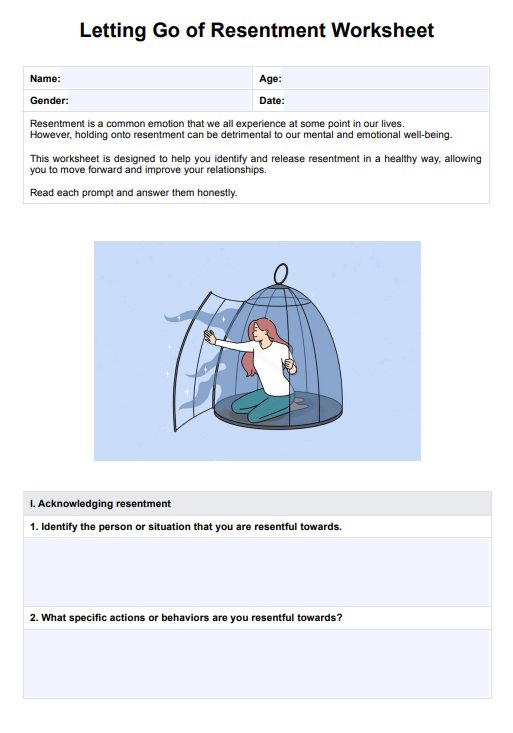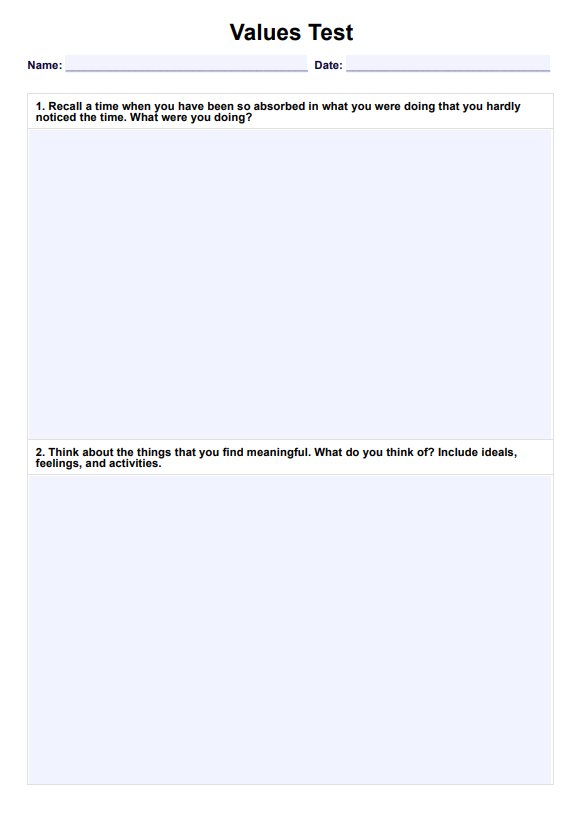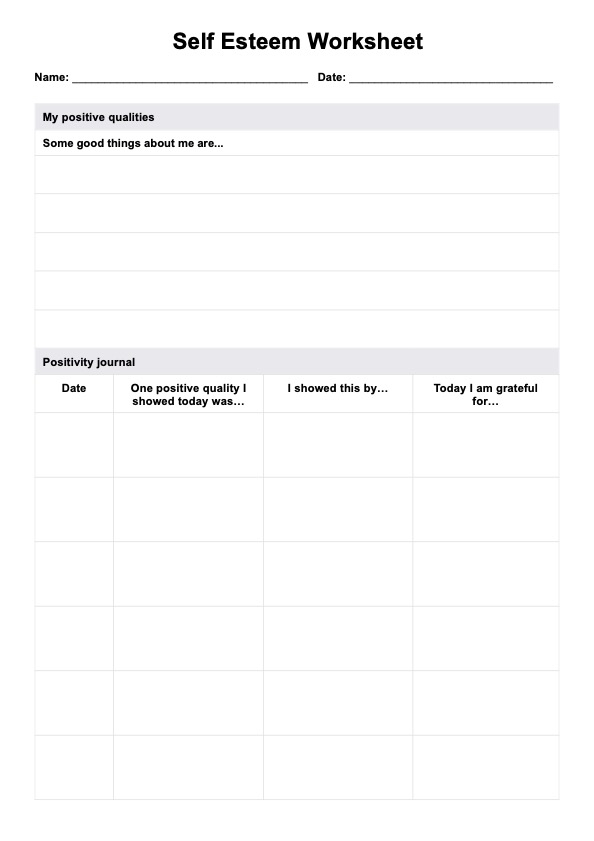Social Work Ethical Decision Making Model
Make balanced decisions in ethical dilemmas through the Social Work Ethical Decision Making Model. Use our template today.


What are ethical dilemmas in social work?
Ethical dilemmas often happen when social work professionals find themselves torn between multiple decision paths, each with its unique consequence, and regardless of the choice made, some ethical principle will invariably be compromised.
These dilemmas can be as simple as figuring out a disclosure responsibility when a client is at risk to complex ones, such as facing a conflict between a practitioner's belief system and professional responsibilities. These situations might conflict with promoting clients' well-being or certain ethical principles. Ethical dilemmas in social work can be further understood through the following categories:
Self-determination vs. client's welfare
Social workers typically highlight the principle of "self-determination". This means respecting clients' rights to make decisions and live according to their terms. For instance, should one respect a client's decision to stay in an abusive relationship, owing to their right to self-determination, or intervene to ensure their safety?
Confidentiality vs. duty to warn or protect
Confidentiality is a cornerstone of therapeutic relationships. A classic example is the "Tarasoff rule," where the social worker must balance their role as a confidential helper and their duty to protect others from harmful behavior.
Dual relationships and boundary issues
Dual relationships, whereby social workers have multiple relationships with their clients (professional, social, familial, etc.), can lead to power imbalances and potential harm. While maintaining professional boundaries is vital, in some tight-knit or rural communities, such dual relationships are unavoidable.
Cultural and value conflicts
As societal values change and evolve, so do the ethical issues that social workers must navigate. Dilemmas can happen if the social worker's personal values or cultural practices differ from a client's or if societal attitudes on particular issues.
Resource allocation
Limited resources are a harsh reality for social work. A social worker may face hard choices regarding who gets access to services first or receives more intensive case management.
Social Work Ethical Decision Making Model Template
Social Work Ethical Decision Making Model Example
How to use our Social Work Ethical Decision-Making Model template
Our comprehensive Social Work Ethical Decision Making Model Template is designed to guide and assist you in using your most appropriate practice skills and making ethical decisions in social work.
Step 1: Access the template
Click "Use template." This will open the template in the Carepatron app's template editor, where you can customize it, add fields, add branding, and tailor it to your needs. If it's all good, you can go ahead and fill it out or download it. You can also get a non-customizable but fillable PDF by clicking "Download."
Step 2: Review and understand the template
Take a moment to explore the template and its content. This resource is curated to streamline the decision-making process by considering ethical principles, societal norms, legal guidelines, and the welfare of all parties involved.
Step 3: Write down and reflect on the ethical dilemma
Clearly state the scenario, including all relevant factors, such as the stakeholders involved, the conflicting ethical aspects or guidelines, and other relevant details. It must be comprehensive and factual to ensure a well-informed analysis.
Step 4: Analyze options
Use the sections provided to weigh the different courses of action available. This includes considering the potential impacts of each decision on all parties involved, evaluating the alignment with professional values, ethics, and legal standards, and hypothesizing the short-term and long-term consequences.
Step 5: Decide and plan for implementation
Detail a plan for implementing your professional judgment, including specific steps, timelines, and any support you may need. Consider how you will communicate your decision to relevant parties and any follow-up actions required to monitor the outcomes of your decision.
What are the steps for ethical problem-solving?
The Ethical Decision-Making Model Template uses the General Decision-Making Model by Dolgoff, Loewenberg, and Harrington (2005). They outline the steps to resolve ethical dilemmas in 11 steps:
- Identify the problem and the factors that contribute to its maintenance
- Identify all of the persons and institutions involved in this problem, such as clients, victims, support systems, other professionals, and others
- Determine who should be involved in the decision-making
- Identify the values relevant to this problem held by the several participants identified in Step 2, including the client's and worker's
- Identify the goals and objectives whose attainment you believe may resolve (or reduce) the problem
- Identify alternate intervention strategies and targets
- Assess the effectiveness and efficiency of each alternative in terms of the identified goals
- Select the most appropriate strategy
- Implement the strategy selected
- Monitor the implementation, paying particular attention to unanticipated consequences
- Evaluate the results and identify additional problems
This may be used alongside other resources, such as the Social Work Assessment and Social Work Treatment Plans, to integrate insights from reflecting on ethical dilemmas in particular cases.
What are the practice models of ethical decision-making?
The following ethical decision-making models may guide social workers by providing structure and helping workers analyze and move through ethical challenges more mindfully.
The NASW Code of Ethics
Integral to social work practice, the National Association of Social Workers (NASW) Code of Ethics sets core values. While the Code does not provide a step-by-step model for resolving ethical dilemmas, it offers broad ethical principles to consider, including service, social justice, dignity and worth of the person, importance of human relationships, integrity, and competence.
The Social Work Ethics Audit
The ethical audit involves a comprehensive, systematic evaluation of how well the agency or organization's policies, practices, and procedures are aligned with ethical standards and critical values in the profession. The audit aims to identify ethical issues in practice settings and develop action plans to address the identified problem areas.
Elaine Congress' ETHIC Model (2000)
Elaine Congress' ETHIC model aims to provide a directive framework to help social workers in the ethics consultation processes:
- E – Evaluate relevant personal, societal, agency, client, and professional values. The first step calls for an extensive evaluation of the values that may influence the situation. Here, the worker should consider their values, the implicated societal norms, the policies of the agency they represent, as well as the values and perspectives of the client.
- T – Think about what ethical standard of the NASW Code of Ethics applies, as well as relevant laws and case decisions. This stage requires a lens where the social worker thinks critically about the ethical standards of the NASW Code of Ethics.
- H – Hypothesize about the possible consequences of different decisions.
The objective here is to minimize harm and maximize benefits, considering each decision's short and long-term implications. - I - Identify who will benefit and who will be harmed, given social work's commitment to the most vulnerable. After hypothesizing the outcomes, the next phase is pinpointing who benefits from and who is affected by each hypothetical decision.
- C – Consult with supervisor and colleagues about the most ethical choice. This peer-review process can help bring in diverse perspectives and accountability and helps to ensure that the decision made is ethically grounded.
References
Congress, E. P. (2000). What social workers should know about ethics: Understanding and resolving practice dilemmas. Advances in Social Work Practice, 1(1), 1-25.
Dolgoff, R., Loewenberg, F., & Harrington, D. (2005). Ethical decisions for social work practice. Brooks/Cole – Thomson Learning.
Commonly asked questions
Service, social justice, dignity and worth of the person, importance of human relationships, integrity, competence.
Models generally involve evaluating the situation, considering all potential ethical issues, identifying all possible solutions, and then deciding the best course of action.
Cultural competence allows social workers to respect and accommodate diverse perspectives when making ethical decisions.


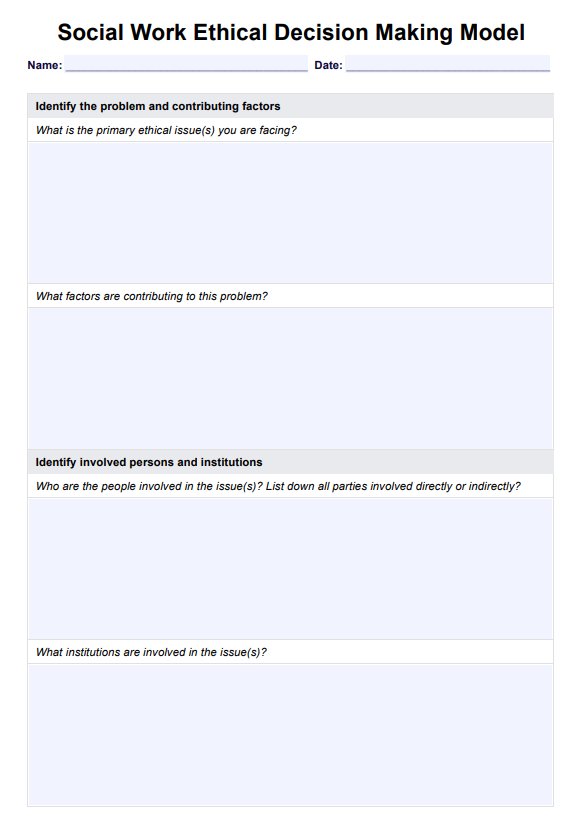
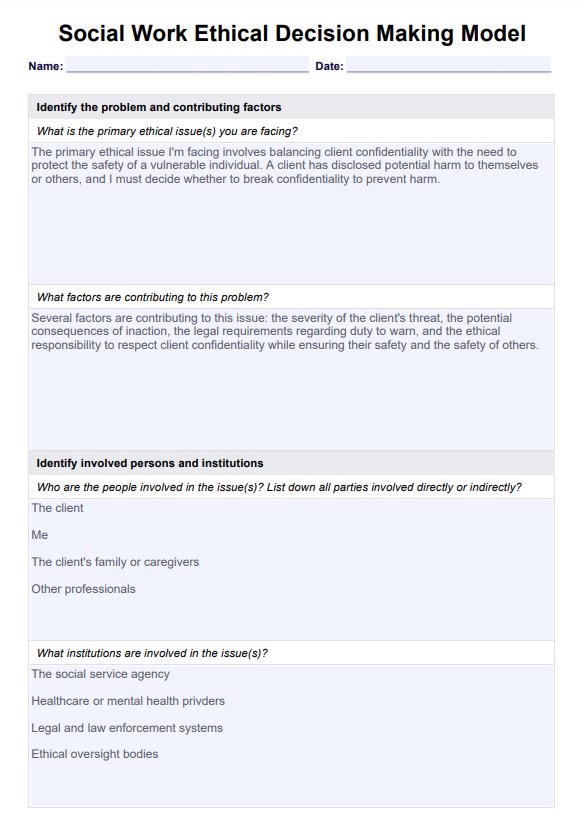

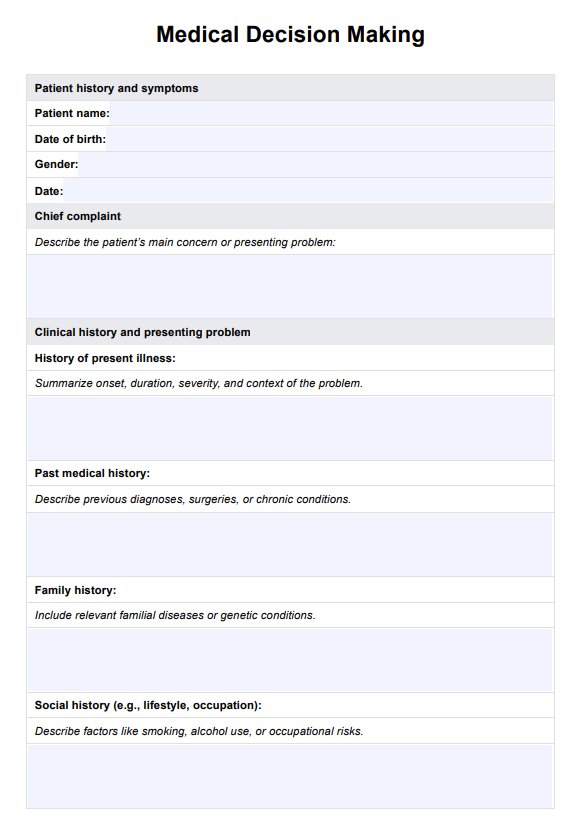
















-template.jpg)



















































































